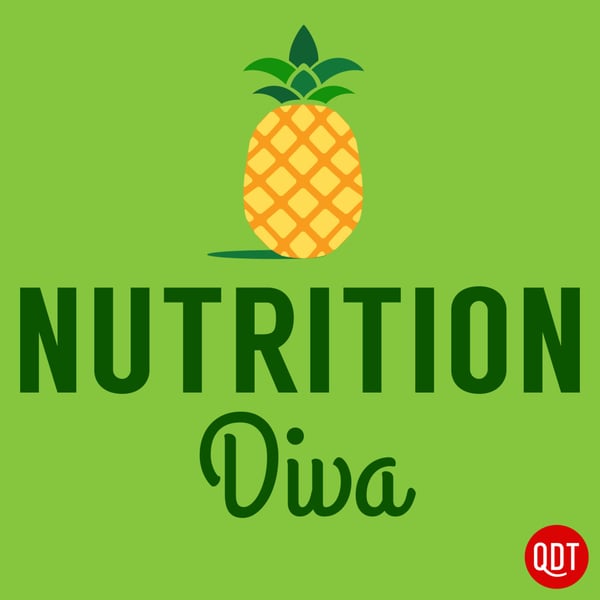What Are Postbiotics?
Nutrition Diva
Macmillan Holdings, LLC
4.3 • 1.7K Ratings
🗓️ 4 May 2021
⏱️ 8 minutes
🧾️ Download transcript
Summary
Transcript
Click on a timestamp to play from that location
| 0:00.0 | Hello and welcome to the Nutrition Diva Podcast. I'm your host, Monica Reinegel. And today's |
| 0:10.0 | show topic was suggested by Max, who wrote, I've heard you talk about prebiotics and probiotics, |
| 0:16.0 | but I just came across a reference to postbiotics. What are these? And how do they affect our health |
| 0:22.0 | or nutrition? Well, Max, all three of those terms, prebiotics, probiotics, and postbiotics, |
| 0:28.1 | have to do with the trillions of bacteria that live and work in our digestive tracts. |
| 0:33.4 | Understanding the complex interactions between us and our unseen guests has really become the |
| 0:39.4 | leading edge of nutrition and health research. Everything we thought we knew about nutrition, |
| 0:45.7 | digestion, immunity, and metabolism is now being re-evaluated through the lens of the microbiome. |
| 0:53.6 | Who knew that these little critters were so important? So first, let's just sort out some of |
| 1:00.0 | our terms. Probiotic refers to the bacteria that we might get from foods or supplements |
| 1:07.1 | that are thought to have beneficial effects in the body. The lactobacillus and bifidobacteria that |
| 1:12.3 | we get from yogurt, for example, are some of the more common types of probiotic bacteria. |
| 1:18.2 | Prebiotic refers to the foods that we consume that also provide fuel for the bacteria that |
| 1:24.8 | inhabit our intestines. And this fuel is mostly in the form of plant fibers from vegetables, grains, |
| 1:30.6 | and legumes. We humans lack the enzymes to digest these fibers, so they arrive more or less intact |
| 1:38.0 | in the large intestine. But unlike us, the bacteria living in our large intestine do have the enzymes |
| 1:44.8 | to digest these fibers, so eating more of those foods can bolster the health and the vitality |
| 1:51.0 | of your intestinal population. Sinbiotic is another term that you might come across, |
| 1:57.7 | and this refers to a product that combines probiotic bacteria with prebiotic fibers. |
| 2:04.6 | Sort of the way you might buy a product for your lawn that includes both grass seed and plant food |
| 2:10.8 | to help it grow. Now, postbiotics is a relatively new term, and it's been coined to refer to the |
| 2:17.6 | metabolic byproducts of those probiotic bacteria. And metabolic byproducts is really sort of a |
... |
Please login to see the full transcript.
Disclaimer: The podcast and artwork embedded on this page are from Macmillan Holdings, LLC, and are the property of its owner and not affiliated with or endorsed by Tapesearch.
Generated transcripts are the property of Macmillan Holdings, LLC and are distributed freely under the Fair Use doctrine. Transcripts generated by Tapesearch are not guaranteed to be accurate.
Copyright © Tapesearch 2025.

